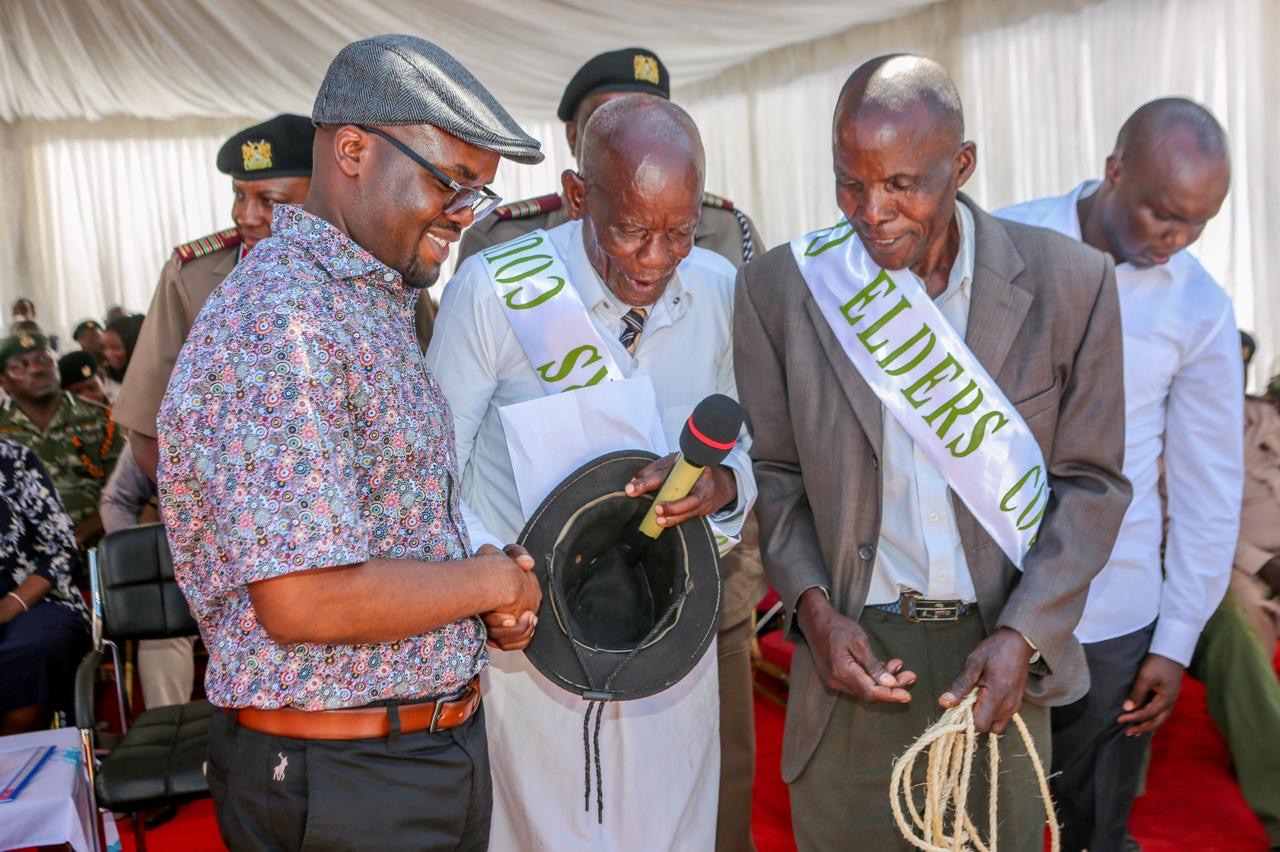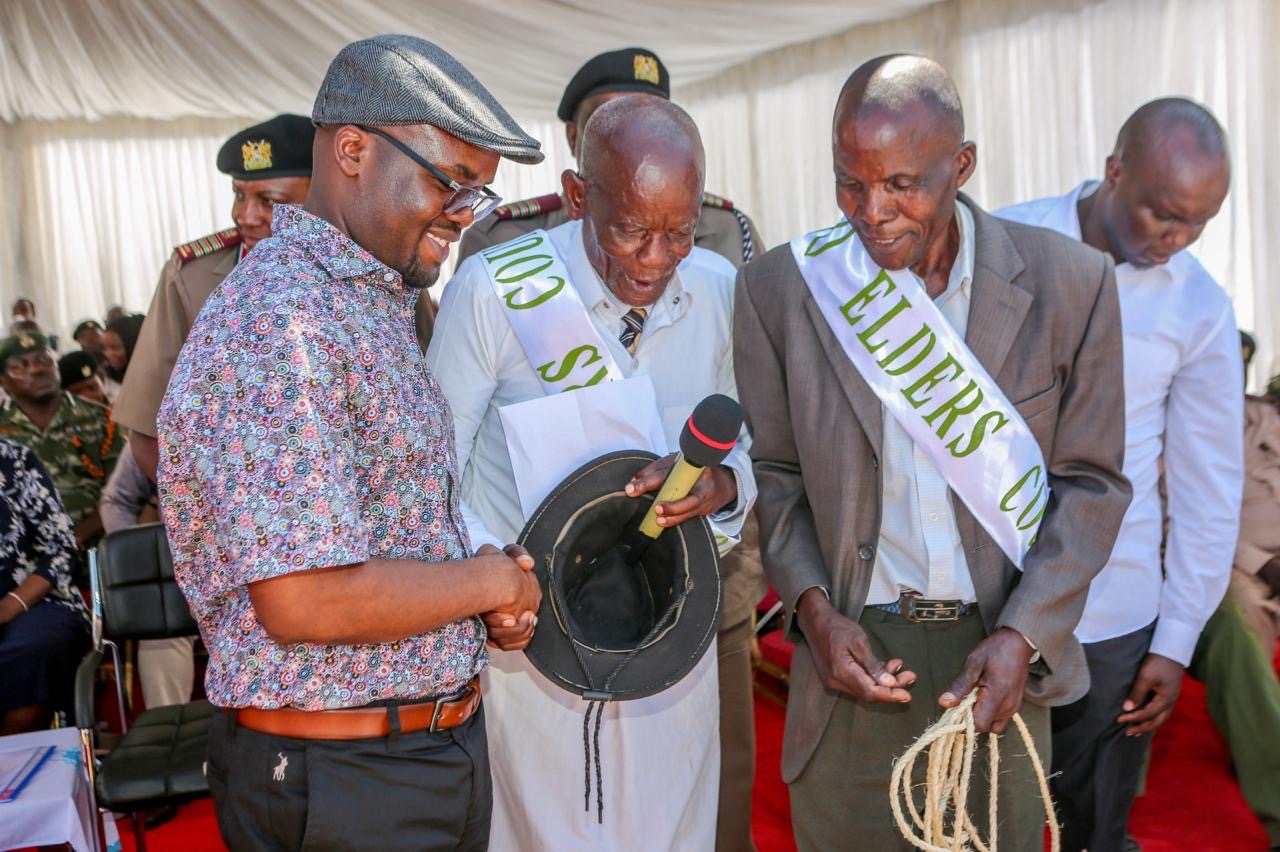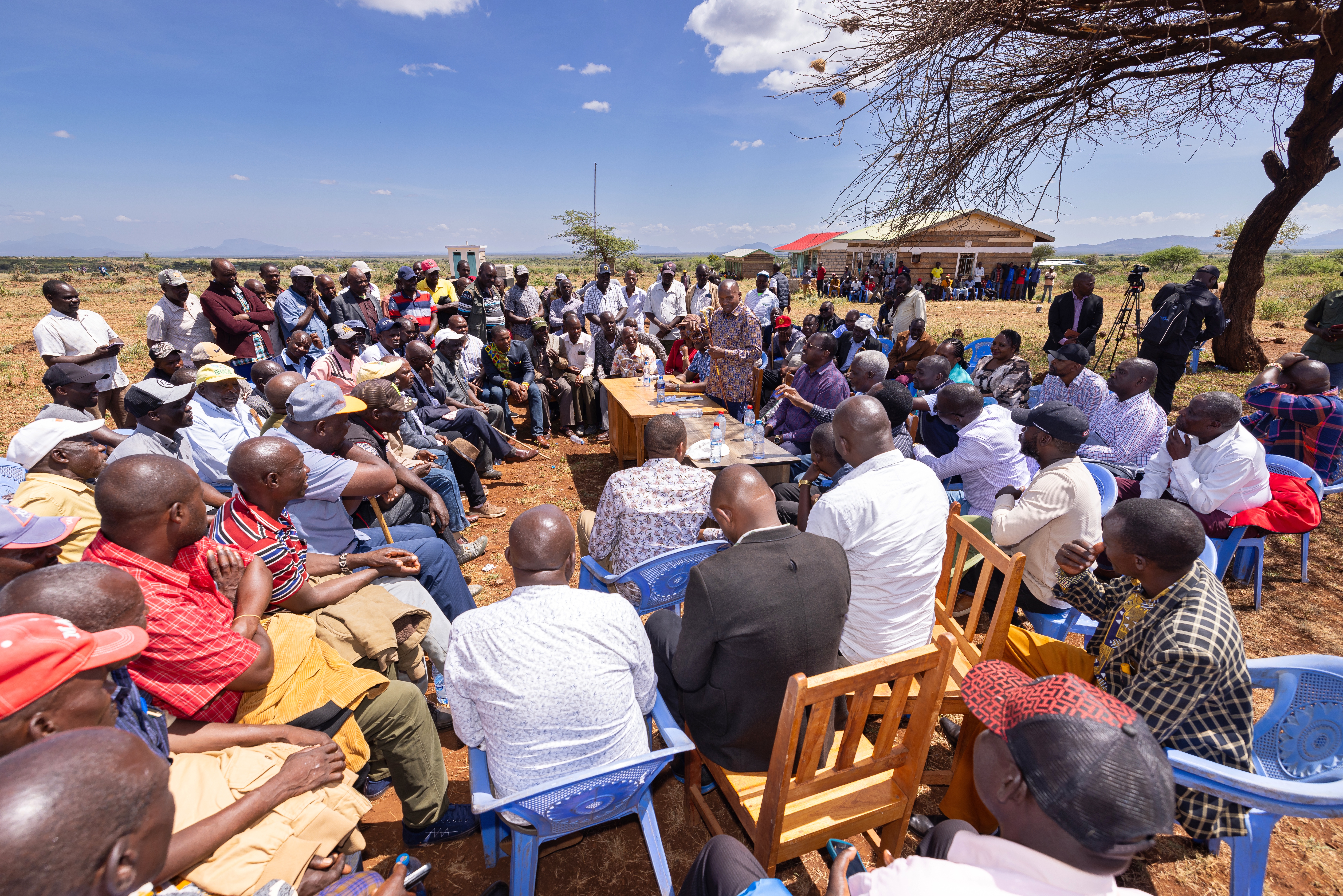Compensating Village Elders to Strengthen Grassroots Governance and Community Development in Kenya
Throughout Kenya's history, village elders have played a crucial role in grassroots governance. These elders, also known as headmen or wazee wa mtaa, are selected based on their tenure in the community, knowledge of its members, familiarity with the area, integrity, and experience.
As the leaders closest to the people, village elders represent the government's interests at the local level. They oversee villages and work under the guidance of Chiefs and Assistant Chiefs. Despite their integral role in facilitating services and assisting the National Government at the village level, they have traditionally worked as volunteers without compensation.
Addressing the Senate Standing Committee on National Security, Defence, and Foreign Relations, Cabinet Secretary Kindiki stated that the Kenya Kwanza Administration acknowledges the critical services provided by village elders and emphasized the need for their support through formal recognition and remuneration.
CS Kindiki urged lawmakers to consider revising the National Government Coordination Act No. 1 of 2013 to designate a village as the fundamental administrative unit and outlined that once the Act is amended, the Ministry will introduce criteria for establishing villages based on population size, geographic area, and socio-cultural factors.
The National Government Coordination (Amendment) Bill seeks to recognize village elders as National Government Administrative Officers, proposing payment of allowances as determined by the Public Service Commission in consultation with the Salaries and Remuneration Commission.
Currently, there are 9,045 sub-locations and 106, 072 villages in Kenya and the legislative proposal aims to amend the National Government Coordination Act of 2013 to recognize village elders in each unit officially.
On the sidelines of the Second National Executive Retreat in Naivasha, Nakuru County, Dr. Raymond Omollo, Principal Secretary for Internal Security and National Administration alongside Senior Security and Administration Officers from the Ministry as well as representation from the Office of the Attorney General and Department of Justice, State Department for Public Service, State Department for Performance & Delivery Management, Public Service Commission (PSC), and Kenya Institute for Public Policy Research and Analysis (KIPPRA), participated in a consultative review that focused on development of a framework for engaging Village Elders, including methods for their recognition and support.
The Principal Secretary emphasized the need to acknowledge the vital role of village elders in engaging citizens and facilitating decision-making processes. He highlighted their significant contributions to rural community development, including their efforts in promoting awareness, resolving disputes, and advancing development initiatives and social services through the Nyumba Kumi Initiative. The PS noted, "Village elders play a crucial role in our communities, and it is essential that we recognize their efforts. The Government under H.E. President William Ruto is committed to enhancing regulatory effectiveness and improving the provision of public goods and services, and village elders are key partners in achieving these goals."
The proposed policy framework recommends a phased implementation of a monthly allowance of up to Ksh. 7,000, depending on Kenya's economic conditions, for village elders across the country. A start off stipend of Ksh. 2,000 per month is proposed, which is commensurate to the disbursement given to elders in the Inua Jamii Programme. This approach will enable the Ministry of Interior and National Administration to evaluate the financial impact and present it to the National Treasury for budgetary allocation.
The policy framework also addresses concerns about recruitment of village elders. The framework covers various aspects, including terms of engagement, functions of village elders, recruitment criteria, remuneration schemes, termination processes, disciplinary actions, and conditions for vacating office.
If adopted, village elders, who have previously coordinated government programs without any compensation, will receive an allowance and be legally recognized as government officers on special duty, given that their recruitment and retention criteria is different from the standard civil service framework. This acknowledgment will formalize their considerable influence in the community and their active involvement in numerous public committees within their jurisdictions.

Public Communication Division
Ministry of Interior and National Administration


